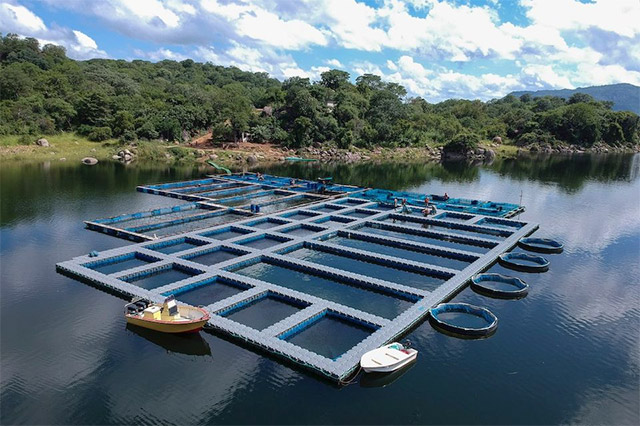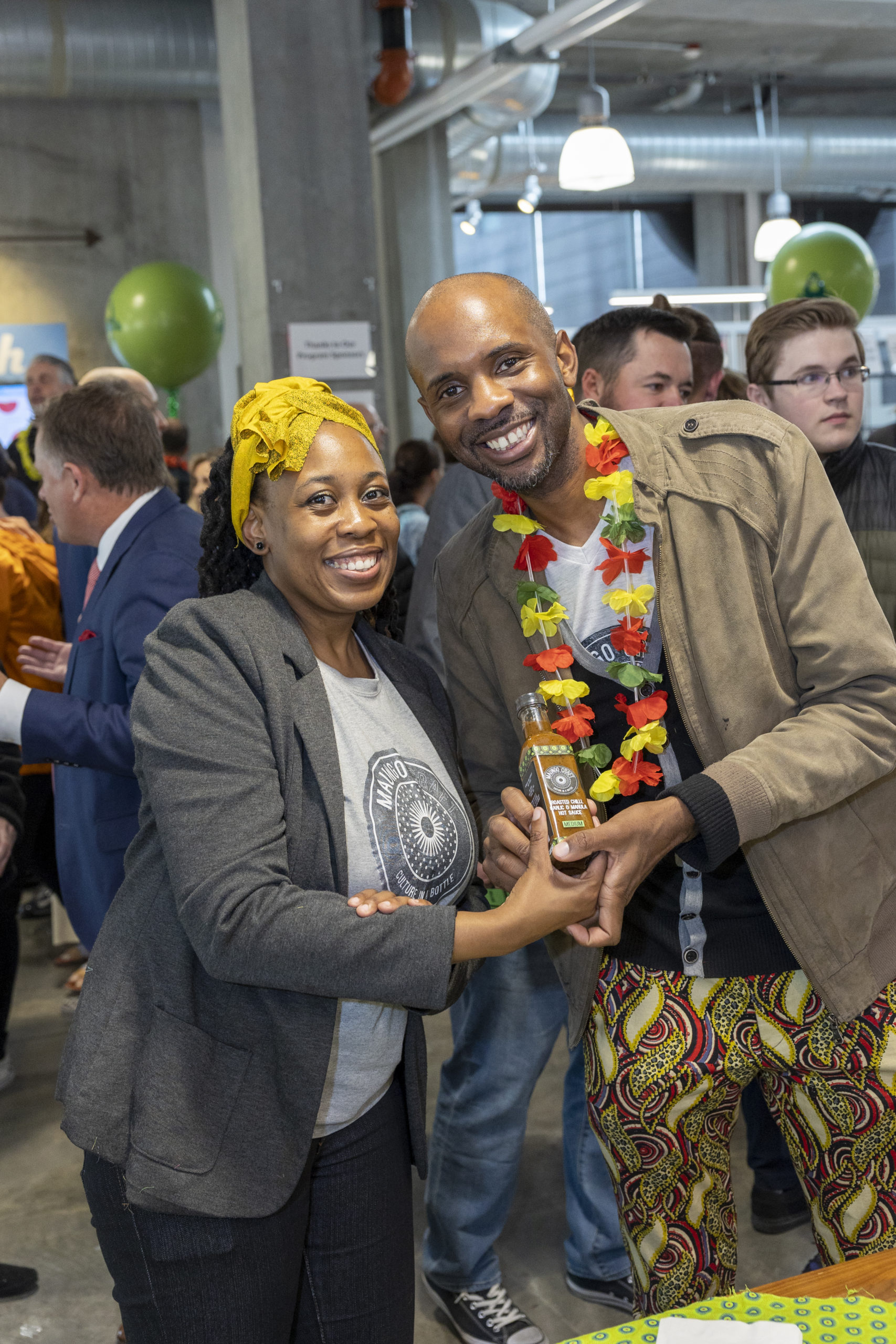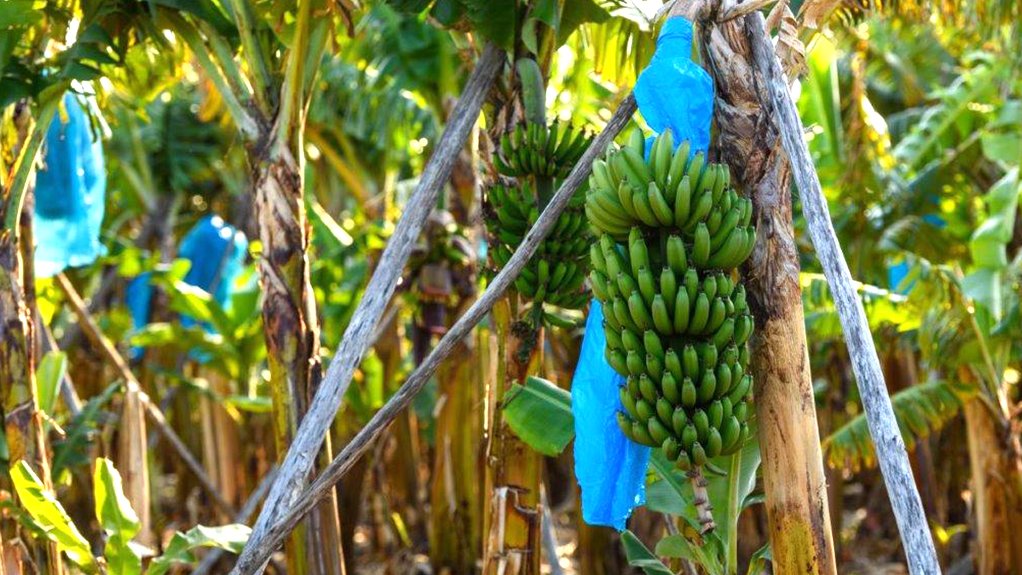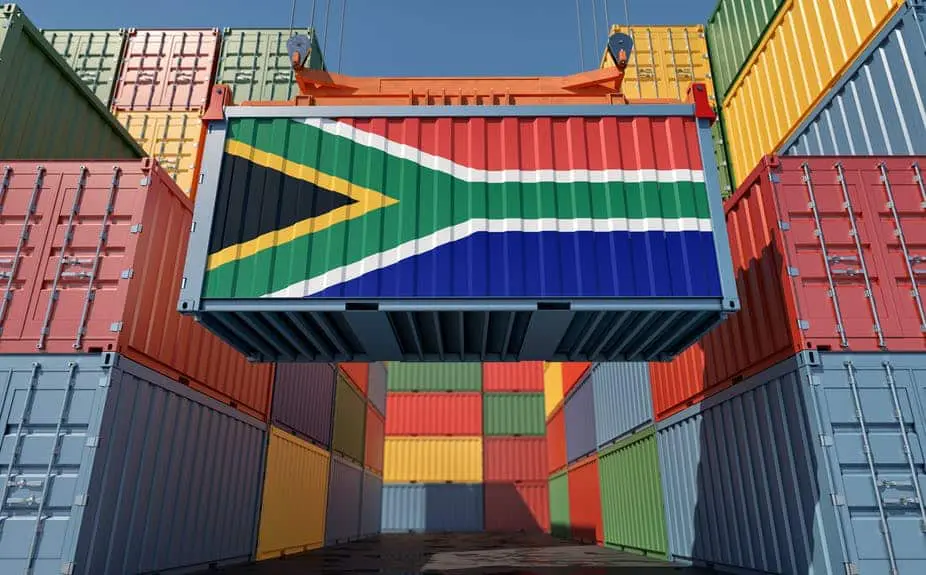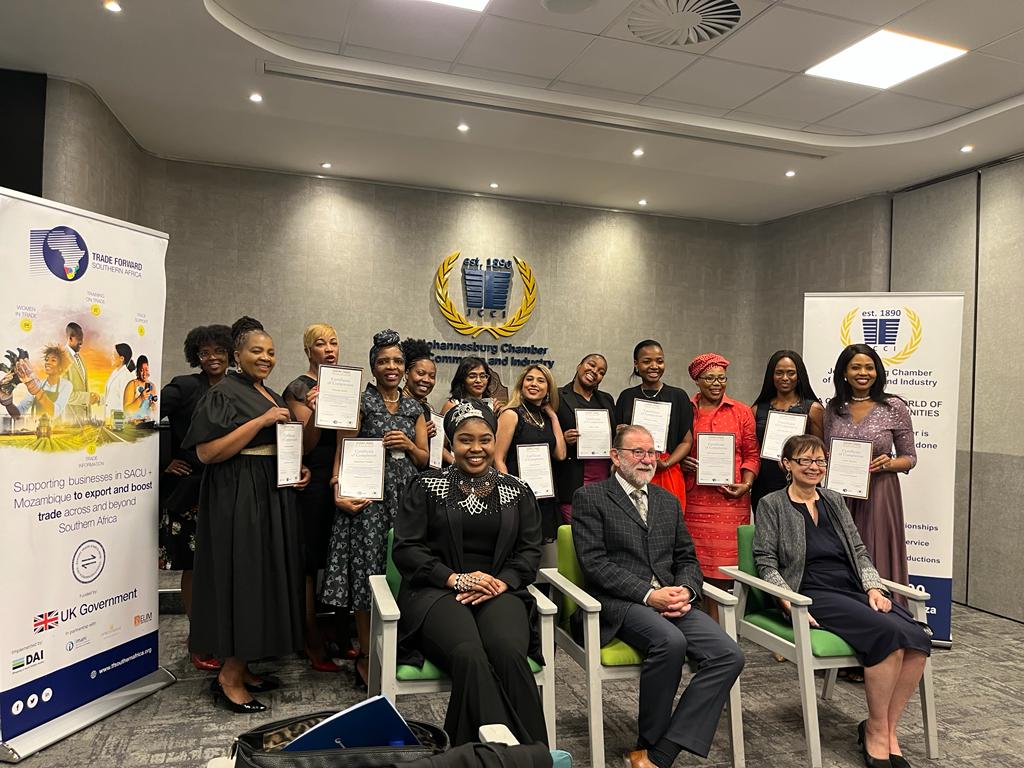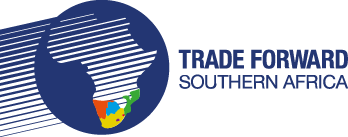While initiatives under TFSA’s aquaculture work vary significantly across Mozambique, Namibia and South Africa, there is an urgent need in all three countries to develop the industry to compete in international export markets.
In Namibia and South Africa, the sector has suffered one hit after the other in the past year. The local market for oysters and other high-end seafood usually consumed in restaurants practically disappeared overnight due to COVID-19 lock-downs. This, combined with a product listing complication putting all export of oysters to China – the region’s main importer of oysters – on hold for afull year, has had a devastating effect on the industry. “Without exporting to China, on top of COVID, there have been significant job losses. It has been an actual disaster, to be honest,” says Barend Stander, a regional producer from Viking Aquaculture. “South Africa just announced some shocking employment statistics, the situation is really bad. Aquaculture is labour intensive, so by growing the sector, a lot of new jobs are created. We need to create an industry that can provide jobs for our people, we need to grow and look to new markets.”
Similarly, the Mozambique aquaculture industry suffered a devastating blow some years back when white spot disease wiped out nearly all of the country’s prawn producers. This set-back, combined with a number of other tax policy and logistical challenges, has left the industry hugely under-developed. Acknowledging this, TFSA’s focus in Mozambique is to first build and strengthen the domestic tilapia market, ultimately increasing the potential for export readiness. A move that, according to Zerene Haddad of Chicoa Fish Farm, was exactly the right decision. “In order to be able to export, we need to first strengthen the domestic market, to put in place some foundational blocks and build the value chain from there – none of this really exists, we pretty much have to build it all from scratch.”
Part of this work includes building the capacity of the country’s main industry association, AMAQUA. By encouraging producers to join AMAQUA and equipping them with advocacy guidelines and talking points, TFSA is supporting producers in lobbying the government to take steps on behalf of the industry. “All the industry players are suffering from similar bottlenecks, such as the current tax policy on imported feed, but they’re all trying to address it individually and in different ways,” explains Mike Fuller, a Senior Consultant of TFSA partner, Imani Development. “With this advocacy document, we’re giving them a common strategy on how to address the government with a single voice.”
Producers in Namibia and South Africa are also benefiting from checklists and guidelines produced by TFSA. These specifically address the challenges producers face in entering the EU market, as well issues around accreditation and testing capabilities of local laboratories. This process has been a “real eye-opener”, according to Sally Paulet of HIK Abalone Farm. “Keeping abreast of the changes in international regulations is a really big challenge for us. TFSA has really helped us highlight where our gaps are in terms of compliance with regulations and standards. Entering new markets is a really big issue for us, and now we have something constructive to work towards.”
This is echoed by Barend Stander. “The key thing I see TFSA supporting us in, is growth! By helping us identify our weaknesses in programmes and processes, and by providing access to information that we might not have. This is absolutely key to growth!”
Whereas growth will look different in the Mozambique context, Zerene Haddad feels that TFSA is on the right track strengthening the local market as a first step of reaching export readiness. “There is no one else here trying to develop the aquaculture value chain – not in the way TFSA is trying to do it. Developing the aquaculture sector makes so much sense if you look at all the benefits. We have a growing population and a lot of malnutrition, so we need a sustainable solution to feed everyone. Mozambique spends millions importing protein – we should be investing in our own systems instead. Growing the aquaculture sector would also reduce the pressure on marine fishing and the environmental costs that go with marine fishing, and it would be a huge boost in women’s employment as they work in the sector in great numbers. Sustainable aquaculture is the answer to a lot of problems in Mozambique – it’s no quick return, quick solution, but if it’s done properly, it’s a sustainable and climate resilient solution.”
